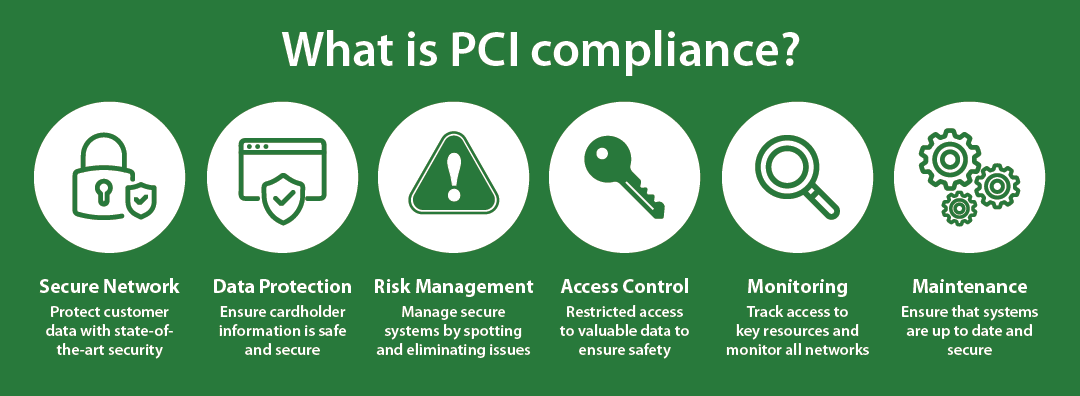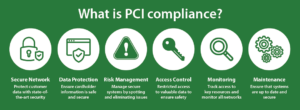Effective January 2, 2024, processing payments over the phone will no longer be available.
To ensure Payment Card Industry Compliance (PCI), participants are encouraged to save their credit card information in their Xplor Recreation profile, which meets all PCI Compliance regulations.
If participants are uncomfortable with storing their credit card information online, participants are welcome to complete registration and payments at our reception desks during regular operating hours.
These changes are being put in place to ensure protection of participants’ credit card information.
Understand Your Credit Card Security when using Xplor Recreation
All credit card numbers are tokenized, which means that Xplor Recreation does not store any credit card data on our servers. We have partnered with multiple credit card processors to ensure the highest level of security. Xplor Recreation communicates with those processors for each transaction using secure connections.
Any transaction that would require a previously-entered credit card number to be shown will appear as a series of asterisks with only the last four digits of the credit card number showing.
During the POS checkout process, transactions are automated and integrated with Xplor Recreation and fully encrypted and secure, complying with PCI regulations.
What is PCI Compliance?
The PCI Data Security Standards (PCI DSS) are a set of best practices designed to protect cardholder information and prevent fraud, which any retailer who accepts credit card payments agrees to uphold. Xplor Recreation is fully PCI compliant
The standards were created in 2006 by the PCI Security Standards Council (PCI SSC) and are continually refined. The PCI council was formed by major payment brands, including Mastercard, Visa, Discover, and American Express. They require all retailers interacting with their services to be PCI-compliant.
Retailers who aren’t PCI-compliant put their customers and business at risk. As well as breaching agreements with payment providers, non-compliant businesses are more likely to lose customer data, which can mean expensive penalties, reparations, and loss of trust.
Secure Network – Protect customer data with state-of-the-art security
Data Protection – Ensure cardholder information is safe and secure
Risk Management – Manage secure systems by spotting and eliminating issues
Access Control – Restricted access to valuable data to ensure safety
Monitoring – Track access to key resources and monitor all networks
Maintenance – Ensure that systems are up to date and secure


